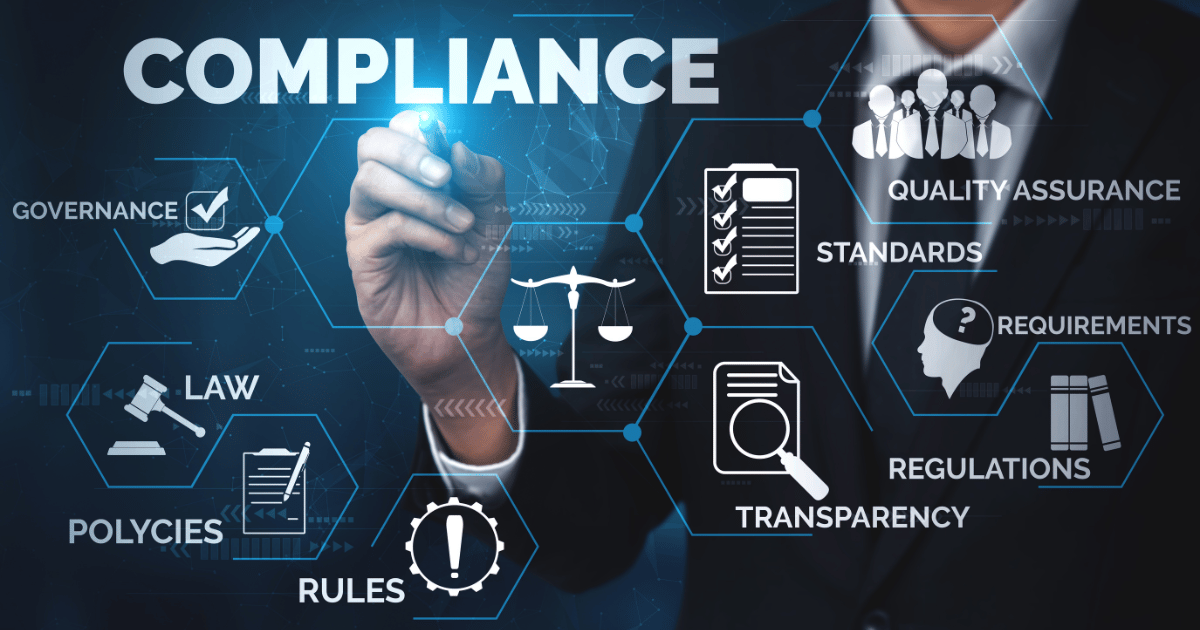
Welcome to today’s newsletter!
This past week:
Navigating the US AI regulations
Lawsuit to wipe ChatGPT
Zoom, AI training, and how it uses your personal data
AI influence on online campaigns
I hope you enjoy this week’s newsletter!
Please subscribe to The AI Collective Word today to receive your free newsletter directly in your inbox and join our ever-growing network.
Share it with a friend or colleague if you find it helpful.
REGULATIONS

Created in Canva
AI is advancing rapidly, and the US government is taking steps to regulate it. The White House, Congress, and regulators have announced various policies and initiatives to ensure AI safety and security. However, the government still lacks clear and concrete plans for how to deal with the challenges and opportunities of AI.
According to NPR, The New York Times may sue OpenAI for using its articles and images to train ChatGPT. This could result in huge damages, data loss, and legal troubles for OpenAI, which is already facing competition and criticism. The lawsuit could also set a precedent for other generative AI tools that use copyrighted content.
RISK AND SECURITY MANAGEMENT

Created in Canva
A cybersecurity firm reported that AI-generated content was used in online influence campaigns by groups linked to various governments. The firm said the campaigns targeted political issues across different platforms and languages. However, the firm also said the campaigns had not been very effective, and AI had not been widely used in other cyberattacks.
PRIVACY
Zoom changed its Terms of Service after a backlash over its AI policies. The company said it will not use customer content for AI training without consent, even though its terms allow it to do so. Zoom also explained what types of data it uses for machine learning purposes.
ML and NLP
This paper shows how a smartphone can listen to laptop keystrokes and guess what is typed. It uses a powerful deep-learning model and works well even with Zoom calls. It also suggests some ways to prevent this kind of attack.
PLATFORM ENGINEERING
Microsoft Azure ChatGPT is a solution that allows you to run ChatGPT on your own network with privacy and control. ChatGPT can help you with code editing, productivity, and creativity. You can easily install and deploy it from GitHub and integrate it with your data sources and services. Microsoft Azure ChatGPT is a valuable option for enterprises that want to use ChatGPT privately and securely.
Apple is experimenting with an internal chatbot that can help its employees with various tasks, such as prototyping, summarizing, and answering questions. The chatbot uses generative AI, which Apple is exploring how to use more widely in its organization. However, Apple is cautious about the limitations and challenges of AI and has not decided how to use it for its customers yet. Apple may have a big AI announcement next year, but it also faces competition from other companies that are advancing in the AI field.
IBM announced that it will host Meta's Llama 2, an AI language program, on its watsonx platform. Llama 2 is a commercial version of Meta's open-source AI model that competes with ChatGPT and Bard. IBM said that watsonx will provide early access to Llama 2 and other generative AI tools to some clients.
The Race to Capture Value: Cloud Lessons for the AI Era - Andreessen Horowitz
The article discusses how AI will create a new platform shift in software and who will benefit from it. It analyzes the previous shift from on-prem to cloud and SaaS and compares it to the current AI era. It argues that AI will expand the market size, create a new infrastructure layer, and offer unique sources of defensibility.
USE CASES
A Gartner survey of 662 AI-mature organizations in four countries showed that 55% of them will keep exploring new AI use cases. Risk factors were a key factor for 52% of them when assessing new AI opportunities. These organizations had an average of 41 AI use cases in production for 3.5 years, with larger enterprises having more use cases and longer production time.
RESOURCES
Machine learning is a branch of data science that uses data to build prediction algorithms. Some examples of machine learning products are handwriting readers, speech recognition, movie recommendation systems, and spam detectors. This course will teach you how to use popular machine learning algorithms, principal component analysis, and regularization to build a movie recommendation system. You will also learn how to train and test your algorithms using data and how to avoid overtraining. Free, Self-Paced, Duration 8 weeks - 2 to 4 hours per week.
Thank you for reading! Please send me feedback and share the newsletter with others.
The AI Collective Word is sent every Tuesday and Thursday. Think your friend or colleague should know about us? Forward this newsletter to them. They can also sign up here.


